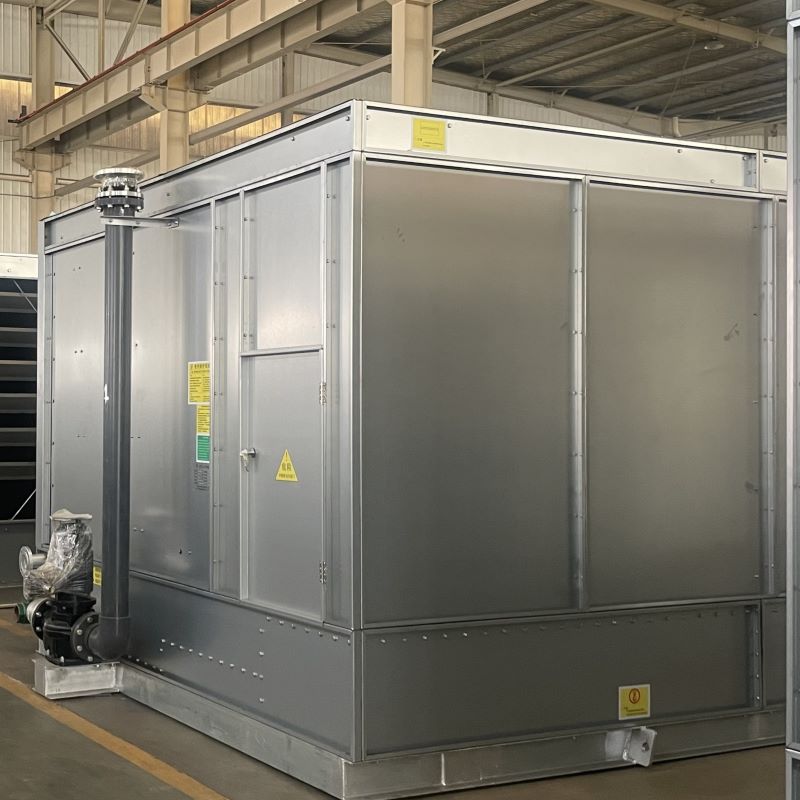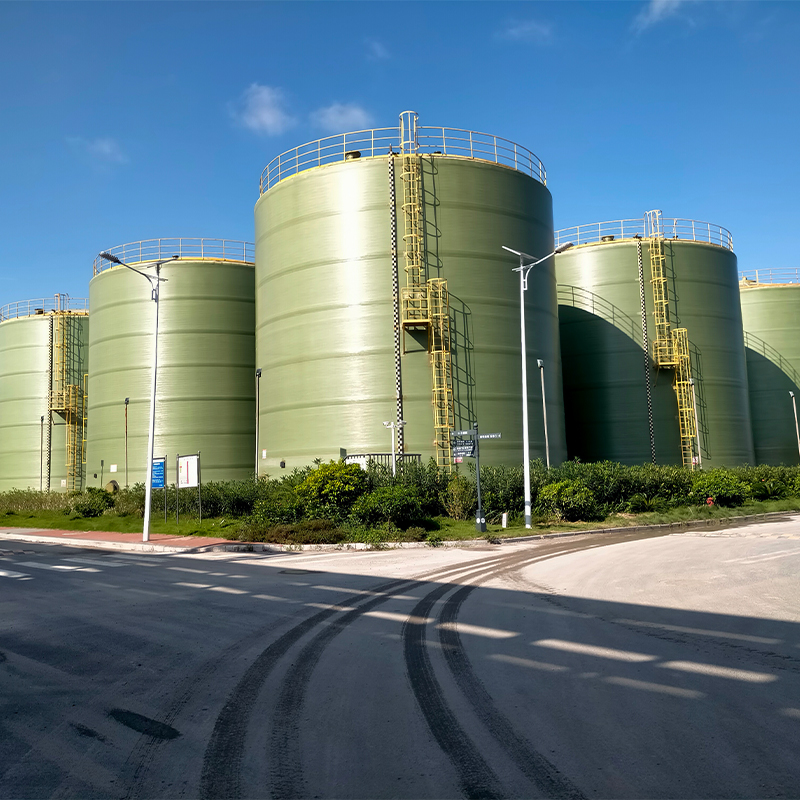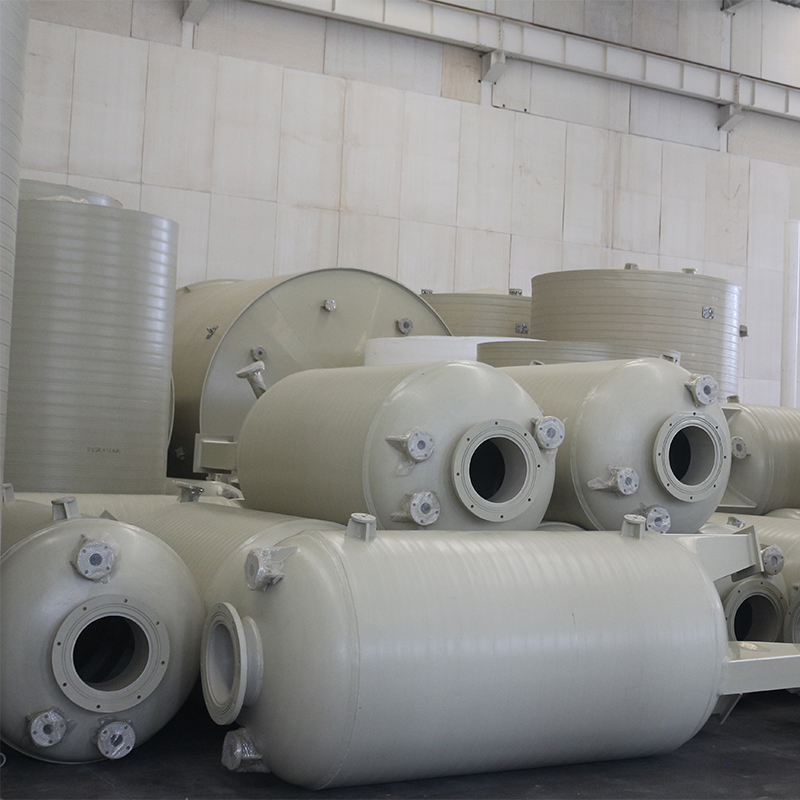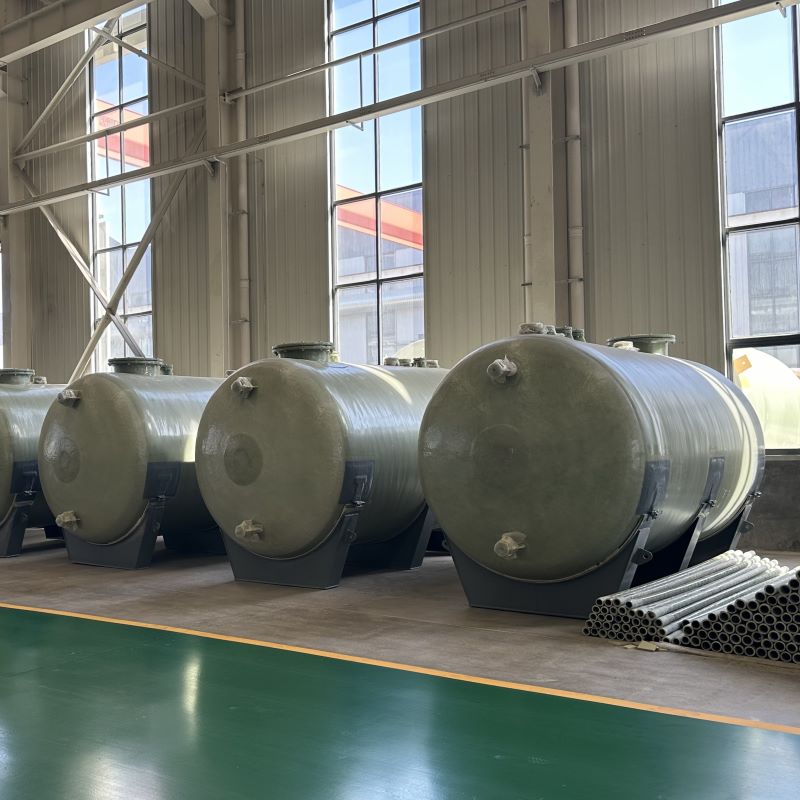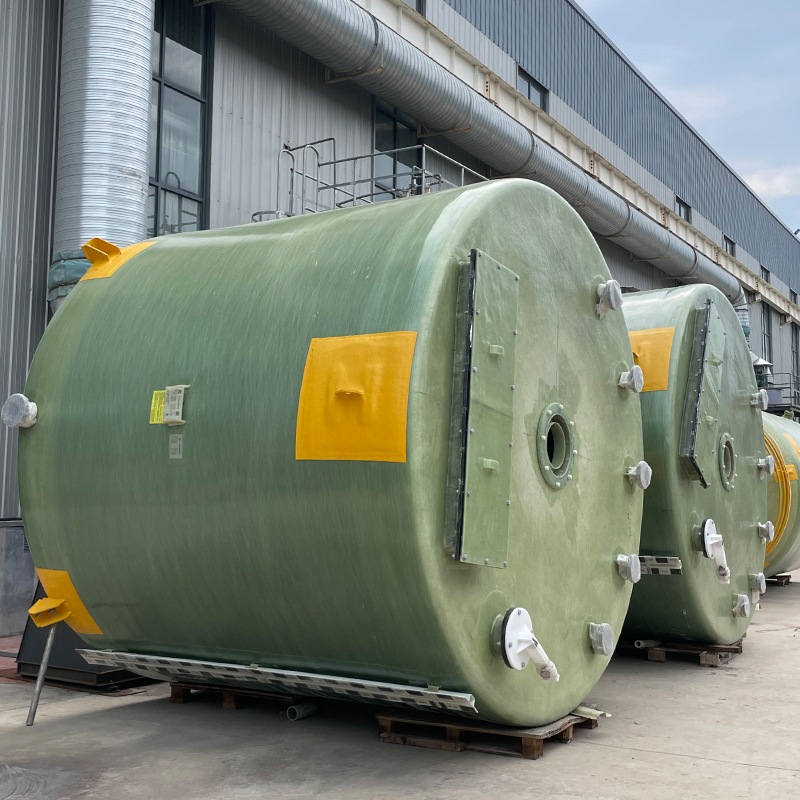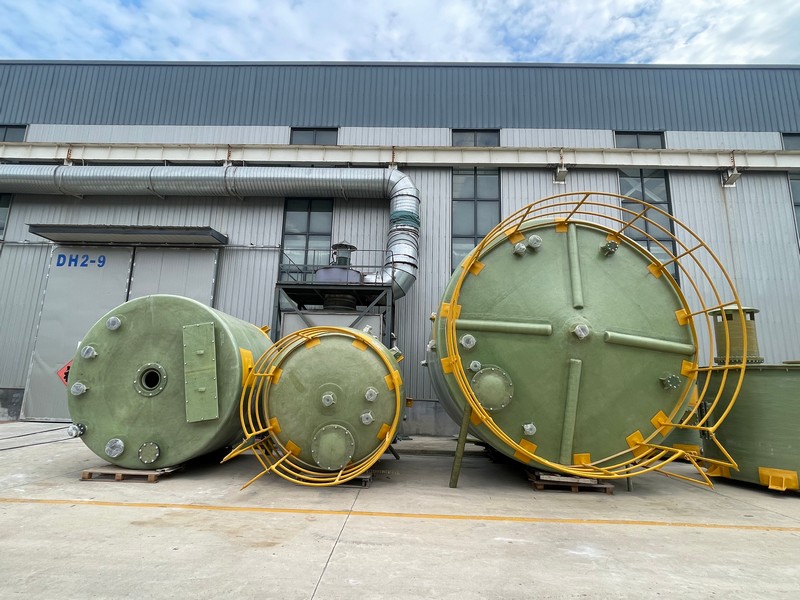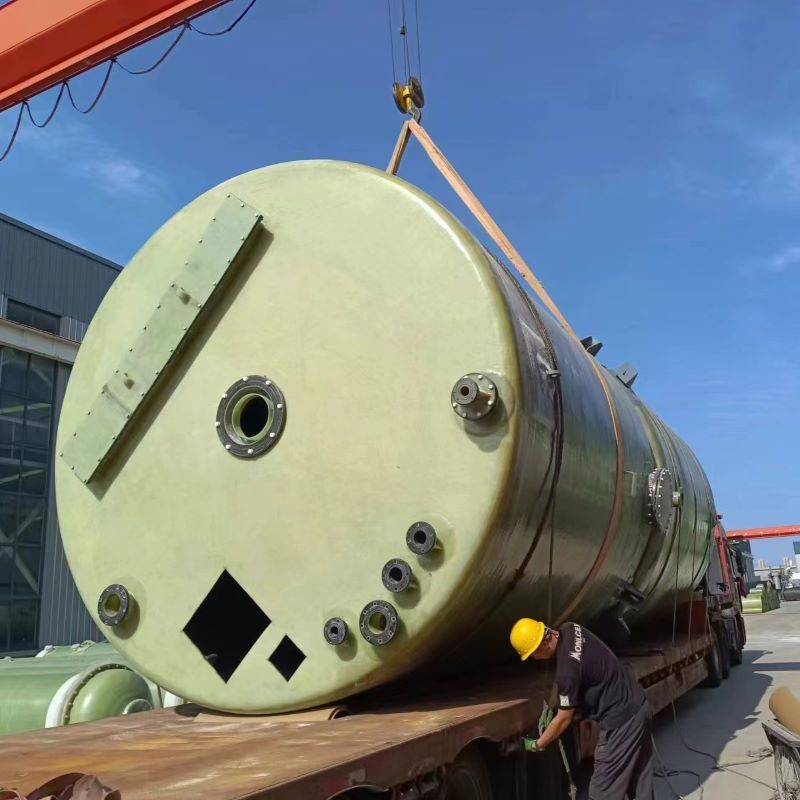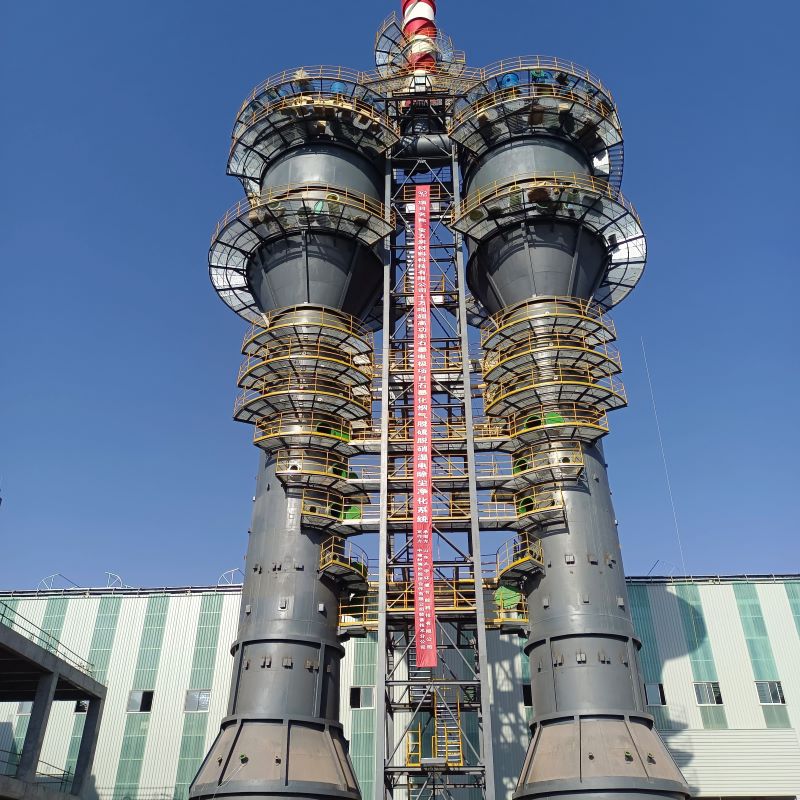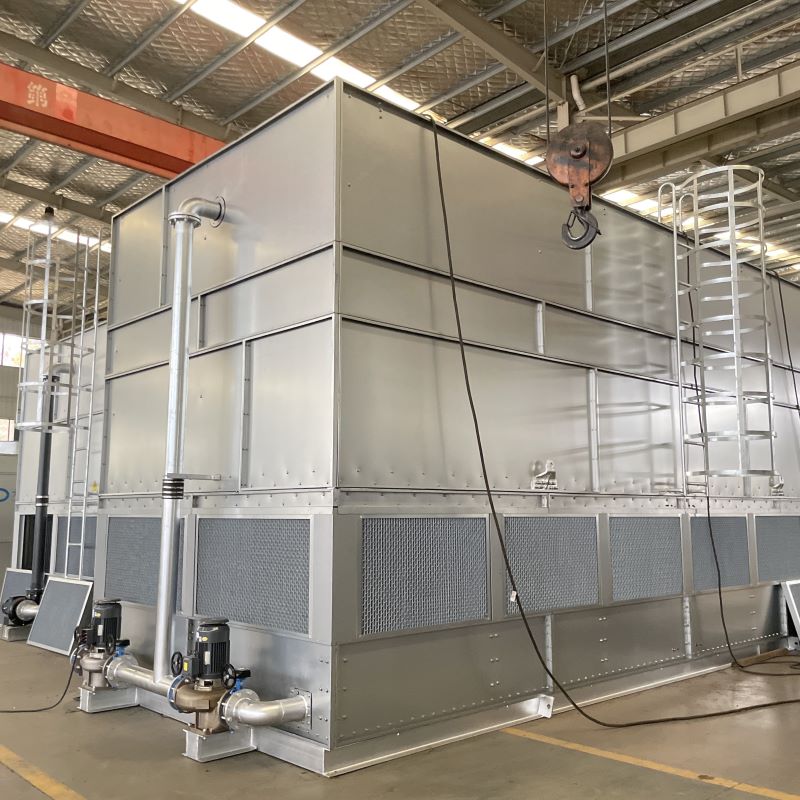
China Horizontal FRP Storage Vessel
The Real Deal with China's Horizontal FRP Storage Vessels
When it comes to storing chemicals or water efficiently, China’s Horizontal FRP Storage Vessels often come up in the conversation. These vessels, made from Fiberglass Reinforced Plastics, are known for their durability and resistance. However, like any specialized equipment, choosing the right one isn't as straightforward as it seems. There are misconceptions and practical considerations often overlooked by newcomers to the industry.
Understanding the Basics: What Makes Them Special?
Let's start with the material itself—Fiberglass Reinforced Plastics, commonly known as FRP. It’s not just about being lightweight. The material offers a unique resistance to a wide range of chemicals, which is why it's preferred in industries dealing with harsh substances. However, many assume its lightweight nature means lesser strength, which isn’t true. The balance between strength and weight is precisely the allure of FRP vessels.
One thing that always pops up during installation is the vessel's orientation. Horizontal tanks are particularly favored for their stability and easy maintenance access. But, the structural support they require can sometimes be underestimated. Don't skimp on the foundation; your tank’s longevity and performance depend on it.
This brings me to a case I encountered with a client a couple of years ago, who underestimated the significance of a proper base. The vessel was installed without adequate support and, as expected, operational stresses led to micro-cracks. Lesson learned—proper installation is as crucial as the equipment itself.
Design Considerations: Tailored to Your Needs
Design isn't just what it looks like; it’s also about the specs you don’t immediately see. The internal structure, baffle arrangements, and nozzle placements all matter. During an on-site consultation at a chemical plant, we discovered that the existing vessel design didn’t suit their process requirements—a problem easily avoided with thorough preliminary design discussions.
Customization is key. Don’t shy away from asking for modifications that suit your unique process needs. Depending on the vessel’s use, some features might be redundant, while others like UV protection coatings might be indispensable. From my experience, companies often rush through this phase—big mistake.
Another overlooked factor is the manufacturer's capability to provide the design flexibility you need. For instance, a well-versed source like the Dahua Group (https://www.sddahuagroup.com) with its rich expertise can offer insights and adaptations that off-the-shelf solutions simply cannot.
Maintenance: The Lifeline of Longevity
I've seen it happen—a pristine vessel neglected for a couple of years ends up getting replaced prematurely. Regular maintenance isn’t a chore; it’s a necessity. Check the surface for any early signs of wear or chemical attack, especially around joints where stresses concentrate.
In routine checks, pay attention to the nozzles and support straps. These are areas that take a constant beating. I've often had to emphasize this during training sessions—focusing on critical stress points can save tons of money in the long run.
Also, be ready to conduct repairs. With the right fiberglass kits, minor damages are easily treatable. However, the key is action at the first sign of trouble. Procrastination is the enemy here.
The Cost Factor: More Than Just the Initial Price Tag
Everyone is price-conscious, understandably. But let’s not fall into the trap of looking only at the upfront cost. A Horizontal FRP Storage Vessel is an investment. Consider the lifecycle cost, including maintenance and potential downtime from failures.
A client once opted for a cheaper alternative only to face issues a few months down the line. Their entire setup had to be redone, costing much more than what they initially 'saved'. Lesson? Invest wisely upfront.
When budgeting, factor in transportation, installation, and the initial setup requirements. It’s also advisable to engage experts for an unbiased opinion on total costs to avoid hidden pitfalls.
Addressing Common Misconceptions
There's a common narrative about FRP vessels being 'fragile'. This couldn't be further from the truth. The vessel's life largely depends on proper handling, installation, and maintenance, not just the material itself.
Sometimes, skepticism arises from a lack of understanding. I've encountered queries about thermal resistance. While FRP vessels have excellent properties, they aren’t immune to everything. Always check compatibility with your stored materials.
Overall, the potential of FRP is immense, but success depends on informed choices. As with any industrial equipment, don’t assume; always verify. Reach out to reliable partners like Dahua Group to navigate through nuances effectively.
Соответствующая продукция
Соответствующая продукция
Самые продаваемые продукты
Самые продаваемые продуктыСвязанный поиск
Связанный поиск- Best most efficient evaporative cooler product
- Best Potassium Sulfate EPC Project factory
- China FRP Chimney Pricing
- OEM roof mount evaporative cooler
- China industrial evaporative coolers for sale Manufacturer
- PPH Horizontal Storage Tank
- OEM FRP anode tubes product
- China window evaporative cooler product
- high quality Vertical FRP Hydrochloric Acid Tank
- ms frp tanks


